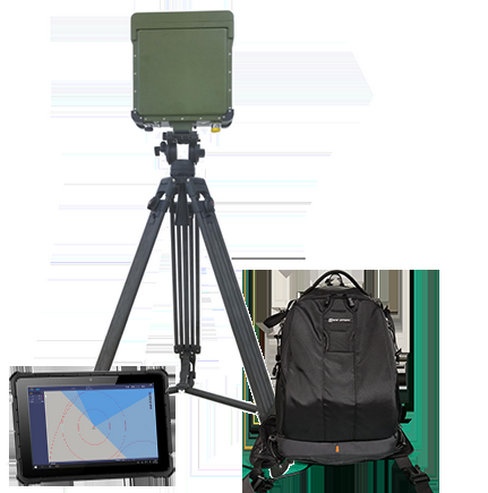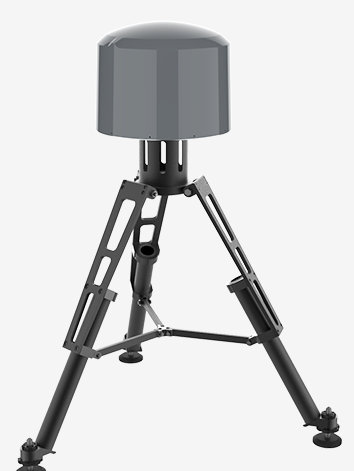
manufacturers of TDOA (time difference of arrival) AUDS for aviation airports, aerodromes,civil airports, military airfields! suppliers of anti uav defense systems (AUDS) for airports, metropolis, public safety, military airfields ,petroleums in china.
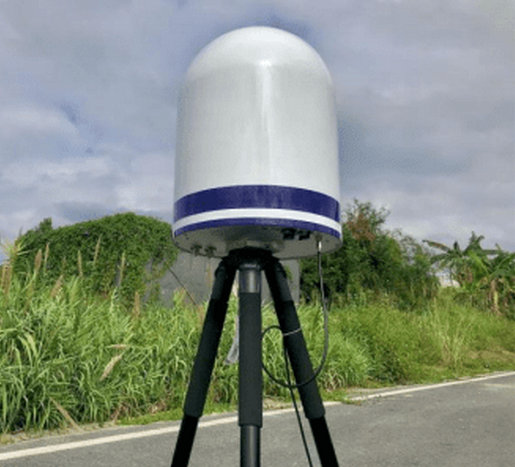
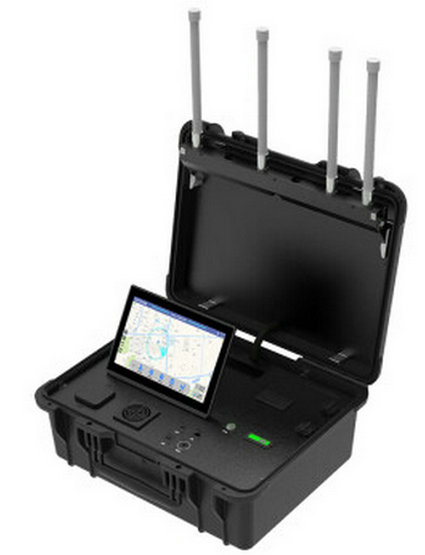
small airports: we provide TDOA drone defense systems, which are suitable for situations where the protection range is small and the defense is only within the core area of the airport. in the anti drone system, four radio positioning detectors are deployed at surrounding commanding heights, one photoelectric tracking directional jamming device is deployed at commanding heights such as the airport tower in the area, and the control platform system is placed at the tower or security center.
large airports: For areas with a wide protection range, we deploy multiple sets of TDOA drone defense systems, which are suitable for situations where the protection range is wide and the entire airport clearance zone needs to be protected.
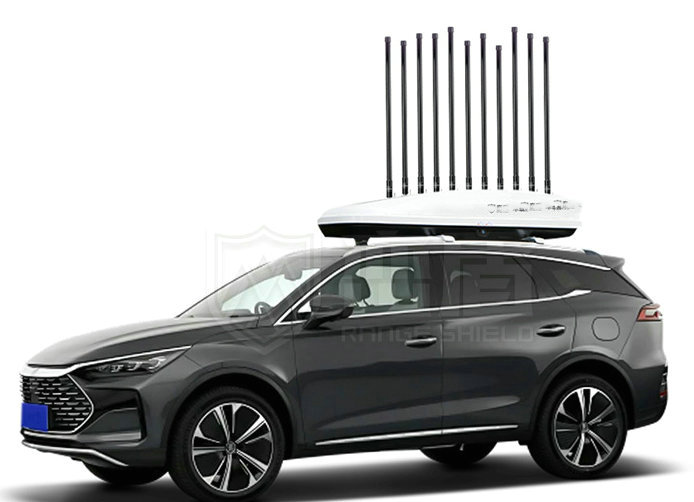
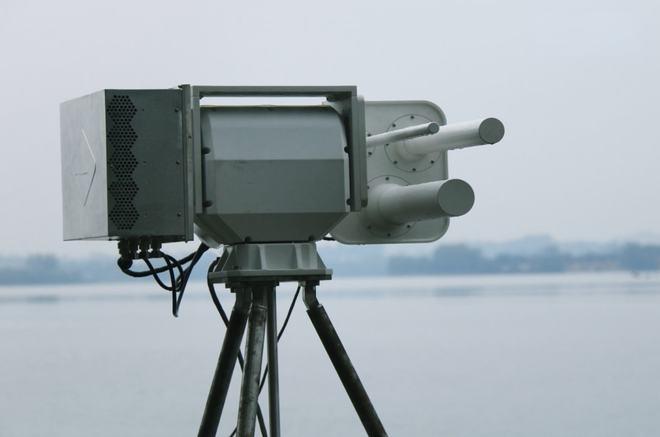
the AUDS (anti drone defense system) is designed to provide counter-drone capabilities for airports. airports are particularly sensitive to the presence of unauthorized or hostile drones (unmanned aerial vehicles or drones) due to the potential safety and security risks they pose. AUDS systems are deployed at airports to detect, track, and mitigate such threats.
AUDS uses a combination of sensors and technologies to detect drones in and around the airport's airspace. this includes radar, electro-optical and infrared cameras, and radio frequencydetectors. these sensors work together to provide comprehensive coverage and detect drones across different spectrums. once a drone is detected, the system can identify its type and, if possible, its operator. this information is crucial for assessing the potential threat level.
AUDS system tracks the detected drone to monitor its movements and ensure airport authorities have real-time information about the drone's location. AUDS can employ a variety of countermeasures to neutralize or disrupt the detected drone. This typically includes jamming its radio signals, interfering with its GPS, and, in some cases. AUDS systems provide alerts to airport security personnel, air traffic controllers, and law enforcement when a drone threat is detected. This allows for a coordinated response to mitigate the threat.
AUDS helps ensure the safety and security of airport airspace, preventing unauthorized drones from interfering with flight operations and potentially causing safety hazards. AUDS systems are designed to ensure that airports and their surrounding airspace are in compliance with aviation regulations and safety standards, reducing the risk of drone-related incidents.
the exact configuration and capabilities of AUDS systems for airports may vary depending on the specific needs and requirements of the airport. airport authorities work closely with manufacturers and security experts to select and deploy the most suitable counter-drone solutions for their facilities. as technology in this field continues to evolve, airports are continually updating and enhancing their anti-drone defense systems to address the threat posed by drones.
| detection range | 20MHz~6000MHz | ||||||||
| detection radius | 5km~10km | ||||||||
| receiving sensitivity | less than -110dBm | ||||||||
| scanning range | 360 degrees | ||||||||
| induced interception distance | 1km | ||||||||
| induced signal power | less than 10dBm (10mW) | ||||||||
| induced signal category | GPS(L1), GLONASS(L1), BDS(B1), GALILEO(E1) | ||||||||
| interference frequency band | 0.8G, 0.9G, 1.6G, 2.4G, 5.2G, 5.8G | ||||||||
| power supply mode | AC220V | ||||||||
| control radius | 500m~1000m | ||||||||
| link method | network connection (RJ45) | ||||||||
| working temperature | -40 degrees ~ 70 degrees | ||||||||
| protection grade | IP66 combines | ||||||||
| anti-uav defense system (AUDS) of scout hit edit UAV flight line BT5000, mini UAV,camera drones, best UAV, AUDS, CUAS,PTZ,PID,RTK,UWB, TDOA, UAVs | |||||||||
|---|---|---|---|---|---|---|---|---|---|
- home
- products
- contact
- equipments
- AUDS systems
- TDOA systems
- change UAV navigation 2000
- UAV scout hit combines 3000
- scout edit UAV fly 4000
- scout hit edit UAV 5000
- anti drone system JDY6000
- AOA systems
- vehicle mounted AUDS
- anti drone jammer guns
- anti UAV boxes
- all frequency jammers
- AUDS for public safety
- CUAS for electric power
- TDOA for petroleums
- AUDS for military bases
- CUAS for aviation airport
- TDOA for prison guard
